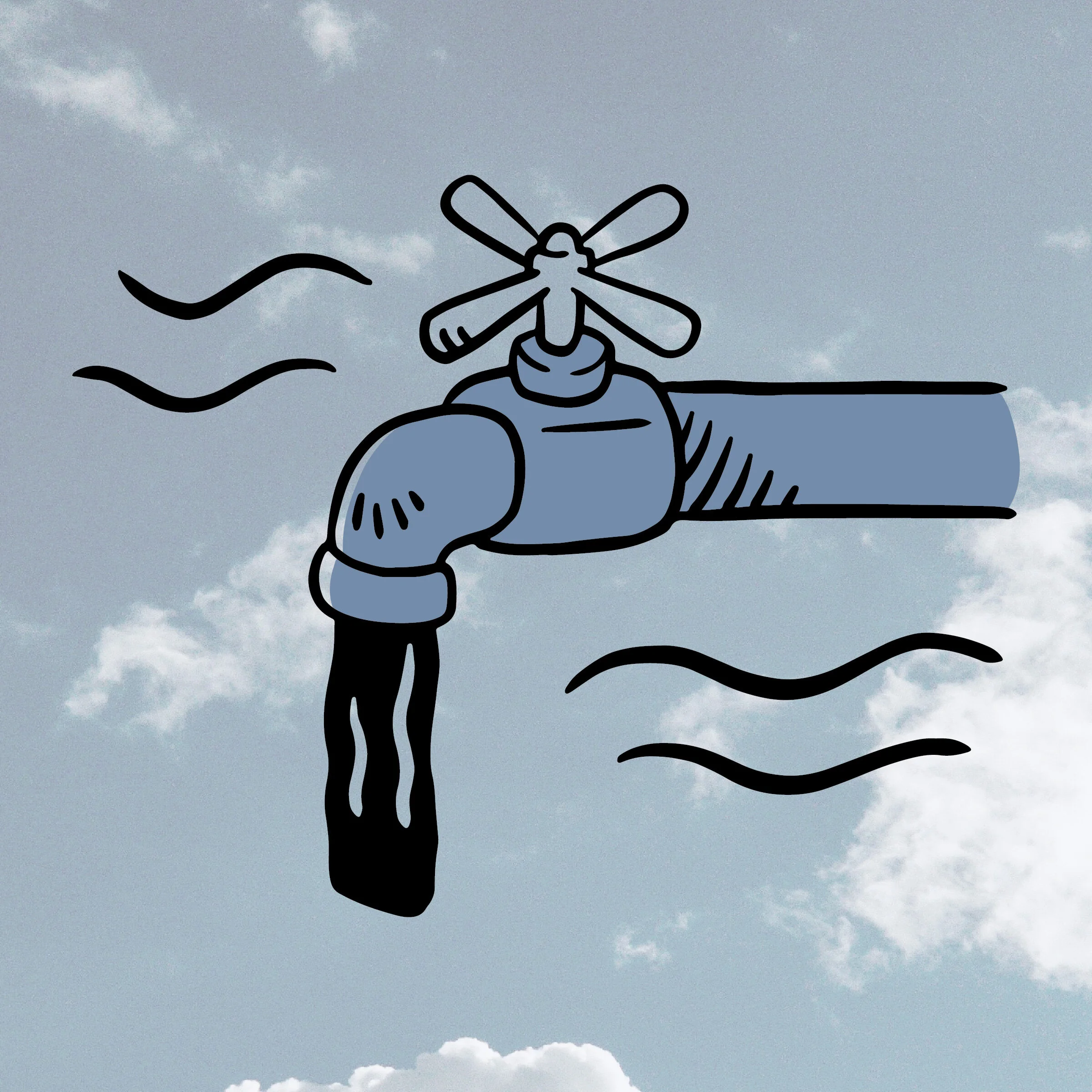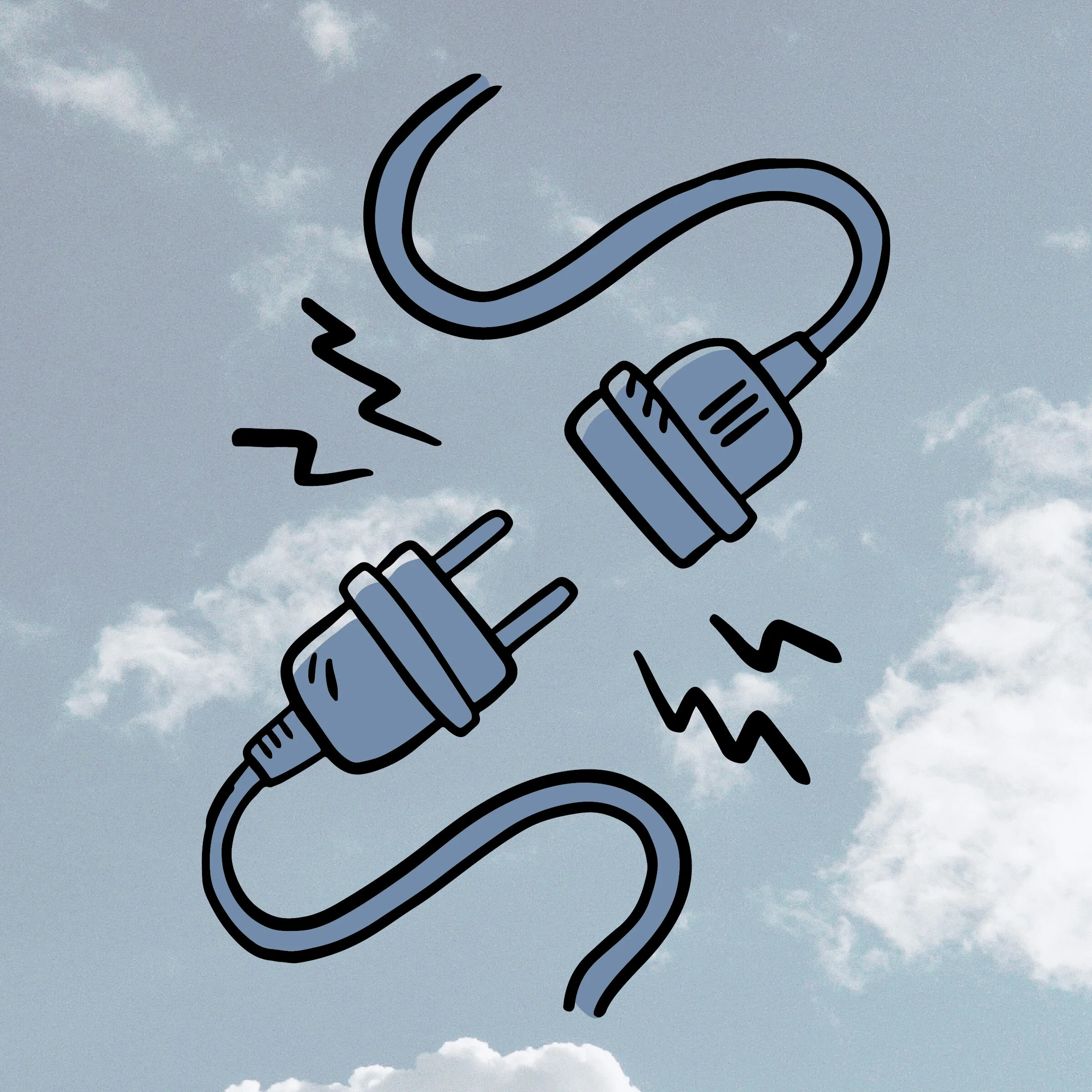Infrastructure physically connects us; its absence can isolate us. All along the way, we are making choices about where to invest and why.
Looking back at America’s history, our collective infrastructure choices about everything from transit to telegraph have shaped our settlements and migrations, directing not only who would live where but how goods, services, ideas, and information would be shared – with real benefits for some and losses for others. A map of modern rural America includes a lot of old now-empty railroad towns.
Today, most Americans agree that our core infrastructure systems need major updates. This means fundamental choices are being made again that will have lasting impacts on rural areas: Should the postal service really serve everywhere? Does rural America need broadband access? How can goods and services and humans be transported across landscapes in more ecologically sensitive and efficient ways, and what does that mean for rural towns and communities left behind if transportation priorities change (again)? How does someone drive an electric car in rural Nebraska? What do we about with diminishing water supplies and limited clean-water access? Are there sufficient jobs in rural America? Why should urban residents pay for rural infrastructure? Why not, and who decides?
This year (2021-2022) the Rural Reconciliation Project is taking a deep dive on rural infrastructure through a reconciliation lens. What were original infrastructure goals and choices? Who benefited and who did not? Were those goals met? Why? And, most importantly, where should we invest now?
We will host five big-ideas talks from a diverse range of rural and urban thinkers on the themes of Jobs, Power, Transportation, Broadband, and Water. We also hope to publish a series of new work on the Rural Review that will further develop our understanding of the reconciliatory aspects of infrastructure policy. (Contribute here.) Finally, we will convene conversations to help shape future work and provide meaningful contributions to ongoing debates.
Click the icons below for more information — including event specifics — related to each infrastructure focus area.
(These pages are in development and will be updated/developed on a rolling basis.)
This series is made possible (in part) by a grant from Carnegie Corporation of New York. The statements made and views expressed are solely the responsibility of the authors and presenters.





